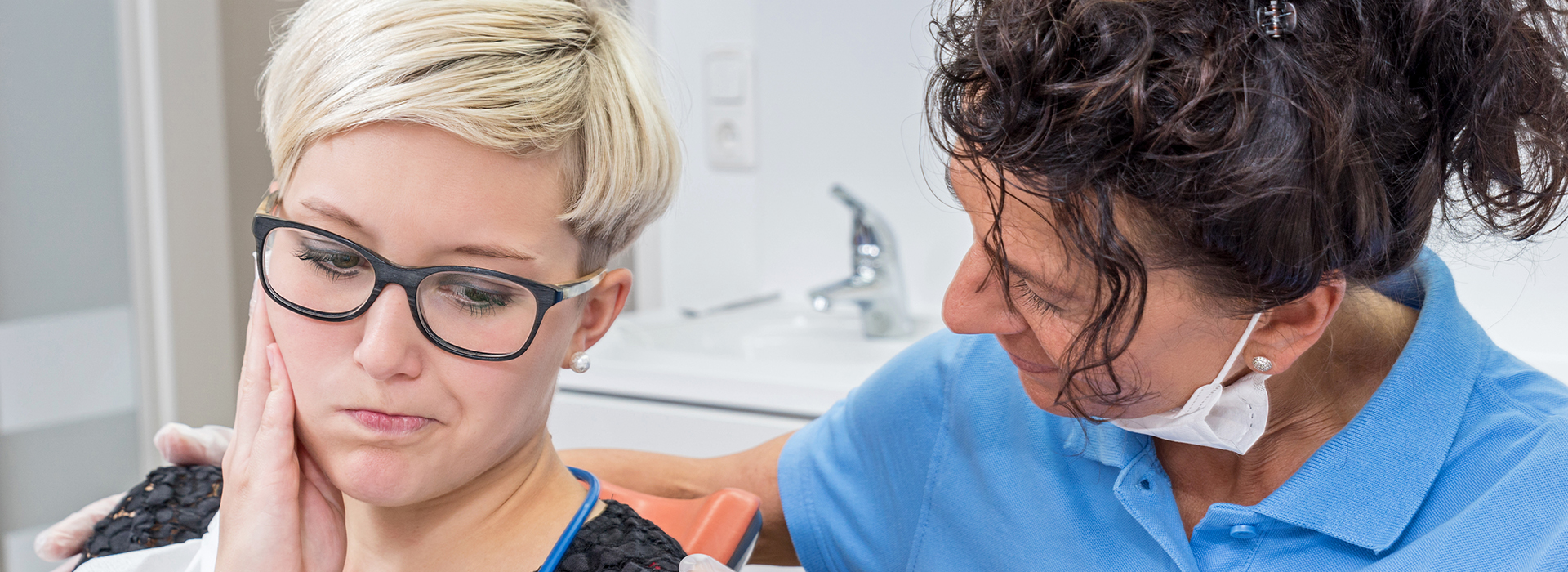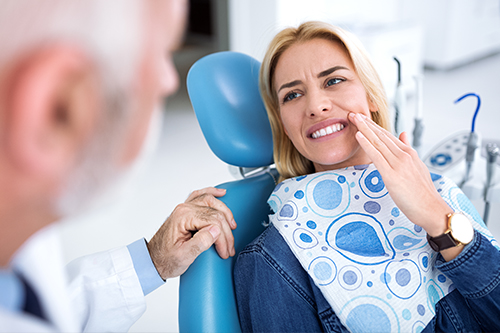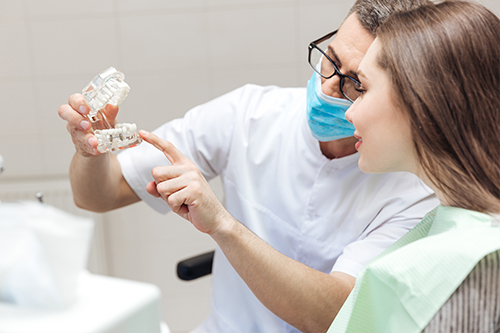Are You Looking For An Emergency Dentist?
Whether you or any member of your family are suffering from a chipped tooth, toothache, wisdom teeth issues, or other problems affecting your oral health, you can be sure to get the prompt attention and skilled care you need at 24/7 Dental.
While emergency dental care is a service we hope you'll never need, 24/7 Dental can help! As anyone who has ever had a toothache or sustained a dental injury can attest, the experience is both painful and upsetting. Although getting some measure of relief is a paramount concern, timely care is critical to prevent further consequences to your oral health and overall well-being.
At 24/7 Dental, our experienced, compassionate dental team provides a broad range of services to address dental emergencies. We can assure you that your smile is in the best of hands with us. Patient care and comfort are our top priorities. Our practice maintains a position at the forefront of advances in diagnostic and treatment technology to provide precise, gentle, and safe care.
We treat many types of dental emergencies and urgent oral health problems, including:
- Toothaches
- Chipped or fractured teeth
- Abscesses
- Loose or broken fillings
- Dislodged or lost dental crowns
- Broken, ill-fitting, or lost dentures
- Problematic wisdom teeth
- Acute Periodontal Problems
- Loose or broken down teeth
- Swollen, bleeding gums
- Bacterial, viral, or fungal Infections affecting the tongue, cheeks, gums, lips, or other soft tissues of the mouth
- Oral pain or swelling of unknown origin
- Suspicious bumps, spots, and lesions
Let 24/7 Dental Help Alleviate Your Discomfort and Restore Your Oral Health
Our goal is to get you back on the road to oral health as quickly as possible. As a trusted emergency dentist, you can count on our office for prompt, skilled, and reliable care.
Treatment for dental problems such as a toothache or a fractured tooth can vary. It all depends on the extent of the damage caused by the decay or trauma. Care may involve the placement of a new dental filling, dental bonding, or a larger restoration such as a crown to rebuild the tooth's form and function. If the damage has reached the tooth's nerve and vital inner tissues, you may need root canal treatment to save your natural tooth. Root canal treatment is a highly effective procedure with a greater than 95% success rate. Although we provide leading-edge care and do all we can to help save your tooth, in some situations a dental extraction is required. While losing a tooth can feel a little overwhelming, there's no reason for despair.
With advances in dentistry, there are several options available for the replacement of missing teeth, including dental implants, conventional fixed bridges, and partial or complete dentures. Today, dental implants represent the most advanced method for replacing a lost tooth and reestablishing a complete and beautiful smile.






